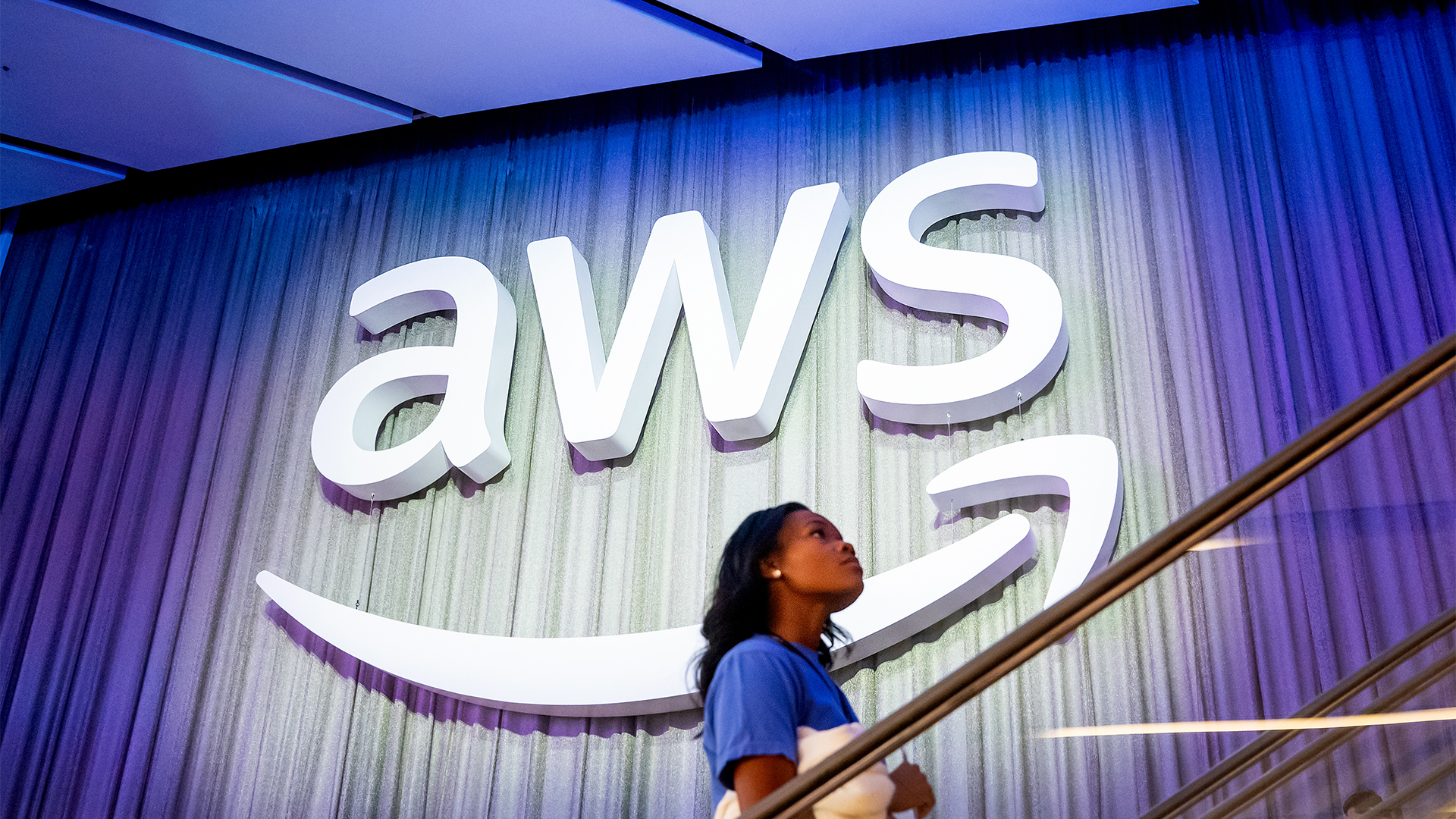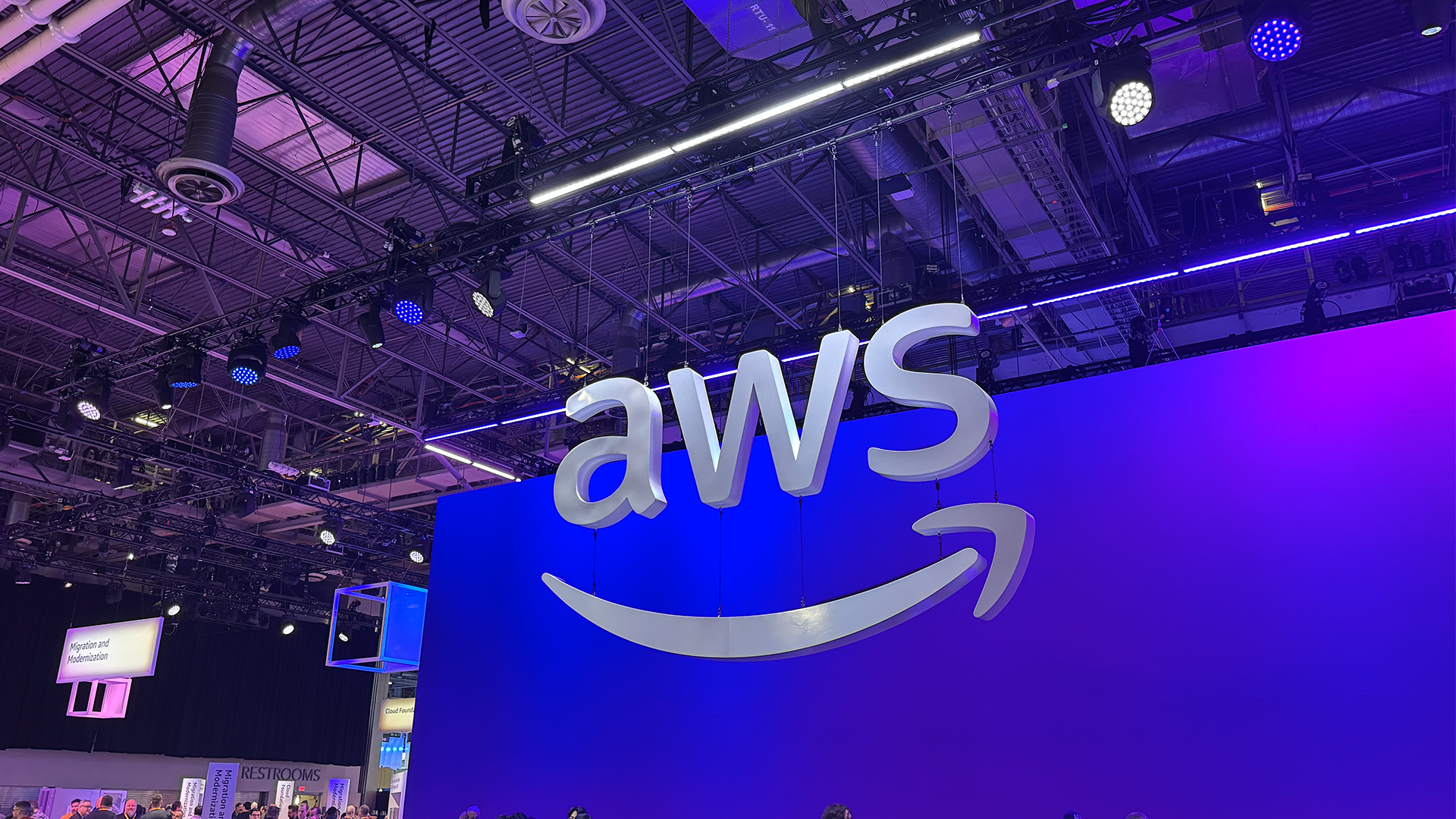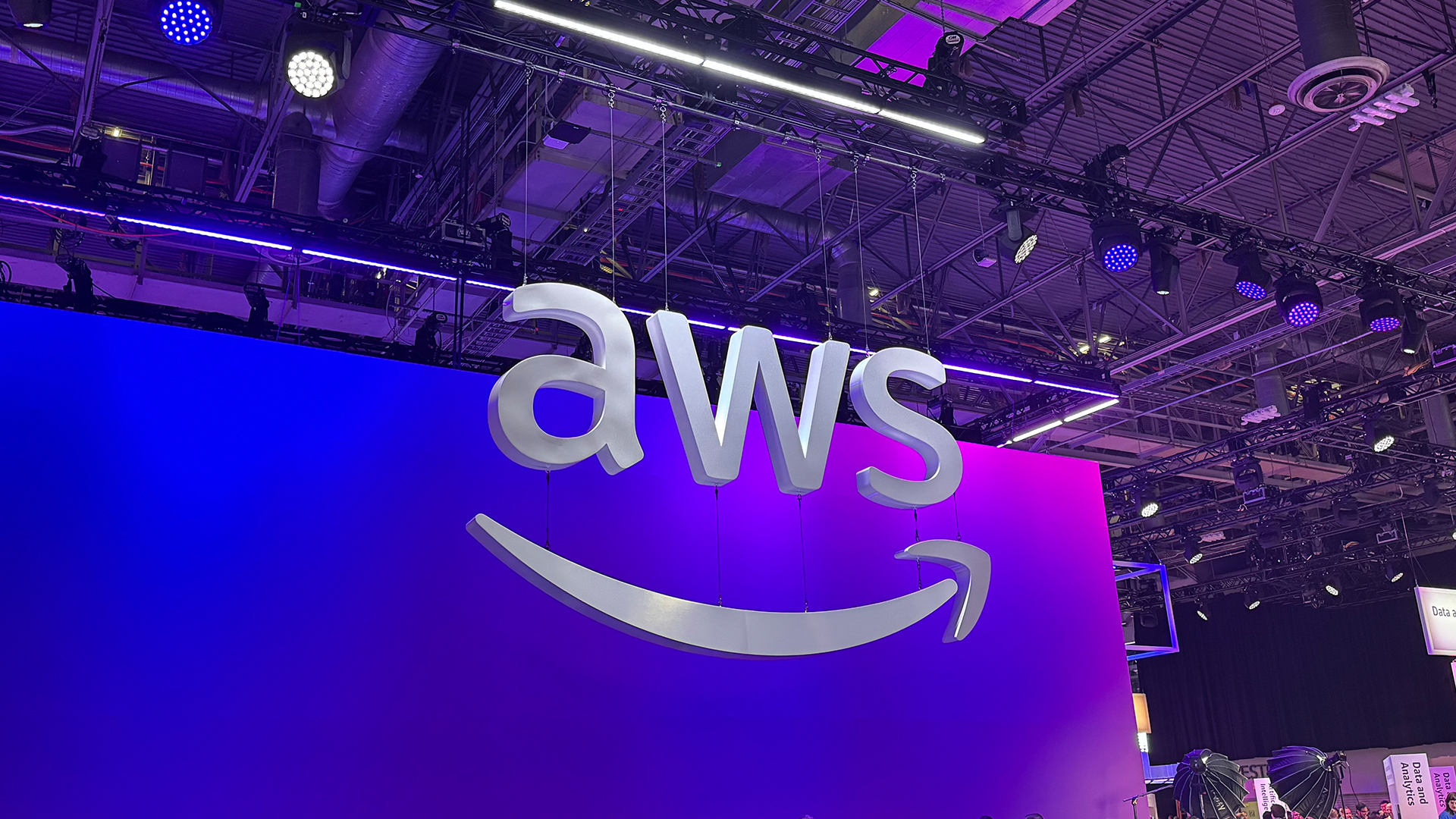Three of the biggest announcements from AWS Summit New York
AWS may be known as a cloud services provider, but its pivot to AI services has taken the limelight


Sign up today and you will receive a free copy of our Future Focus 2025 report - the leading guidance on AI, cybersecurity and other IT challenges as per 700+ senior executives
You are now subscribed
Your newsletter sign-up was successful
Amazon Web Services (AWS) hosted its latest AWS Summit this week in New York, and the importance of AI for the company was manifest in its announcements.
While the first 20 years of its existence and success has been firmly rooted in the cloud, like all of its rivals and many more companies that wouldn’t be considered direct competitors it has turned its attention to riding the generative AI wave.
With the advent of agentic AI, the latest industry buzzword, the situation for AWS is no different.
So without further ado, these are the three most important announcements to come out of AWS Summit New York 2025.
Amazon Bedrock AgentCore
Two of the key concerns around AI agents and generative AI in business are security and governance. Can organizations be certain that the AI service they’re using isn’t leaking data and that data is stored and accessed in a way that complies with regulations, such as GDPR for example.
AgentCore, the latest addition to AWS’ managed generative AI service Amazon Bedrock, aims to solve these issues as well as maintaining reliability all while ensuring the agents can continue to operate autonomously.
AgentCore is composed of seven different services. These include Gateway, which provides AI agents access to tools like APIs and Lambda functions securely, and Browser Tool, which (as the name would suggest) allows agents to securely access websites through a cloud-based browser.
Sign up today and you will receive a free copy of our Future Focus 2025 report - the leading guidance on AI, cybersecurity and other IT challenges as per 700+ senior executives
Meanwhile, Memory lets developers create context-aware agents with long-term and short-term memory.
According to AWS, all this aids developers in moving an AI agent from proof of concept to an application that can scale for millions of users.
AI Agents and Tools in AWS Marketplace
If you don’t have the capacity or desire to build your own agents, but still want to take advantage of agentic AI, this second key announcement is for you.
During his keynote, Swami Sivasubramanian, AWS VP for Agentic AI, said the cloud computing giant is on a mission to improve access to AI agents for enterprises.
“Building specialized agents in-house requires expertise across multiple domains, not just from large language models, but also with specific business functions,” he said.
“No organization can be an expert in everything – nor should they be – and just as today’s software ecosystem thrives on third-party APIs, tomorrow's AI agents will need to integrate specialized capabilities from across organizations, providers and systems.”
Key to driving access here is the new AI Agents and Tools service in AWS Marketplace. The offering will allow customers to “discover, buy, deploy, and manage AI agents and tools from leading providers”, according to AWS.
Anthropic, Brave, Snowflake, IBM and Agentforce were all named during Sivasubramanian’s keynote, among others.
Amazon S3 Vectors
The final of our top three most important announcements is Amazon S3 Vectors, which most obviously marries together AWS’ cloud storage pedigree with its AI pivot.
S3 Vectors is a cloud object storage offering with native vector support for AI workloads. According to AWS, it can reduce the cost of storing and querying vectors by “up to 90% compared to conventional methods.
It also integrates with Amazon Bedrock Knowledge Bases and OpenSearch Service, which, the company claims, streamlines and reduces the costs of RAG and vector search operations.
In his keynote, Sivasubramanian said the service was “ideal for infrequent query workloads like batch processing and non-real time agentic apps”.
Make sure to follow ITPro on Google News to keep tabs on all our latest news, analysis, and reviews.
MORE FROM ITPRO
- Pegasystems teams up with AWS to supercharge IT modernization
- AWS wants to drastically cut down AI hallucinations – here's how it plans to do it
- Global cloud spending might be booming, but AWS is trailing Microsoft and Google

Jane McCallion is Managing Editor of ITPro and ChannelPro, specializing in data centers, enterprise IT infrastructure, and cybersecurity. Before becoming Managing Editor, she held the role of Deputy Editor and, prior to that, Features Editor, managing a pool of freelance and internal writers, while continuing to specialize in enterprise IT infrastructure, and business strategy.
Prior to joining ITPro, Jane was a freelance business journalist writing as both Jane McCallion and Jane Bordenave for titles such as European CEO, World Finance, and Business Excellence Magazine.
-
 Salesforce targets telco gains with new agentic AI tools
Salesforce targets telco gains with new agentic AI toolsNews Telecoms operators can draw on an array of pre-built agents to automate and streamline tasks
-
 Four national compute resources launched for cutting-edge science and research
Four national compute resources launched for cutting-edge science and researchNews The new national compute centers will receive a total of £76 million in funding
-
 Sumo Logic expands European footprint with AWS Sovereign Cloud deal
Sumo Logic expands European footprint with AWS Sovereign Cloud dealNews The vendor is extending its AI-powered security platform to the AWS European Sovereign Cloud and Swiss Data Center
-
 What the new AWS European Sovereign Cloud means for enterprises
What the new AWS European Sovereign Cloud means for enterprisesNews AWS has announced the general availability of its European Sovereign Cloud. Here's what the launch means for enterprises operating in the region.
-
 AWS just quietly increased EC2 Capacity Block prices – here's what you need to know
AWS just quietly increased EC2 Capacity Block prices – here's what you need to knowNews The AWS price increases mean booking GPU capacity in advance just got more expensive
-
 Cloud infrastructure spending hit $102.6 billion in Q3 2025 – and AWS marked its strongest performance in three years
Cloud infrastructure spending hit $102.6 billion in Q3 2025 – and AWS marked its strongest performance in three yearsNews Hyperscalers are increasingly offering platform-level capabilities that support multi-model deployment and the reliable operation of AI agents
-
 AWS re:Invent 2025 live: All the news and announcements from day two in Las Vegas
AWS re:Invent 2025 live: All the news and announcements from day two in Las VegasLive Blog Keep tabs on all the latest announcements from day-two at AWS re:Invent 2025 in Las Vegas
-
 AWS pledges $50 billion to expand AI and HPC infrastructure for US government clients
AWS pledges $50 billion to expand AI and HPC infrastructure for US government clientsNews The company said an extra 1.3 gigawatts of compute capacity will help government agencies advance America’s AI leadership
-
 OpenAI just signed a bumper $38bn cloud contract with AWS – is it finally preparing to cast aside Microsoft?
OpenAI just signed a bumper $38bn cloud contract with AWS – is it finally preparing to cast aside Microsoft?News The move by OpenAI doesn’t signal an end to its long-running ties with Microsoft
-
 Microsoft’s new ‘marketplace’ lets customers pick and choose cloud, AI solutions
Microsoft’s new ‘marketplace’ lets customers pick and choose cloud, AI solutionsNews The Microsoft Marketplace looks to streamline customer access to AI and cloud services